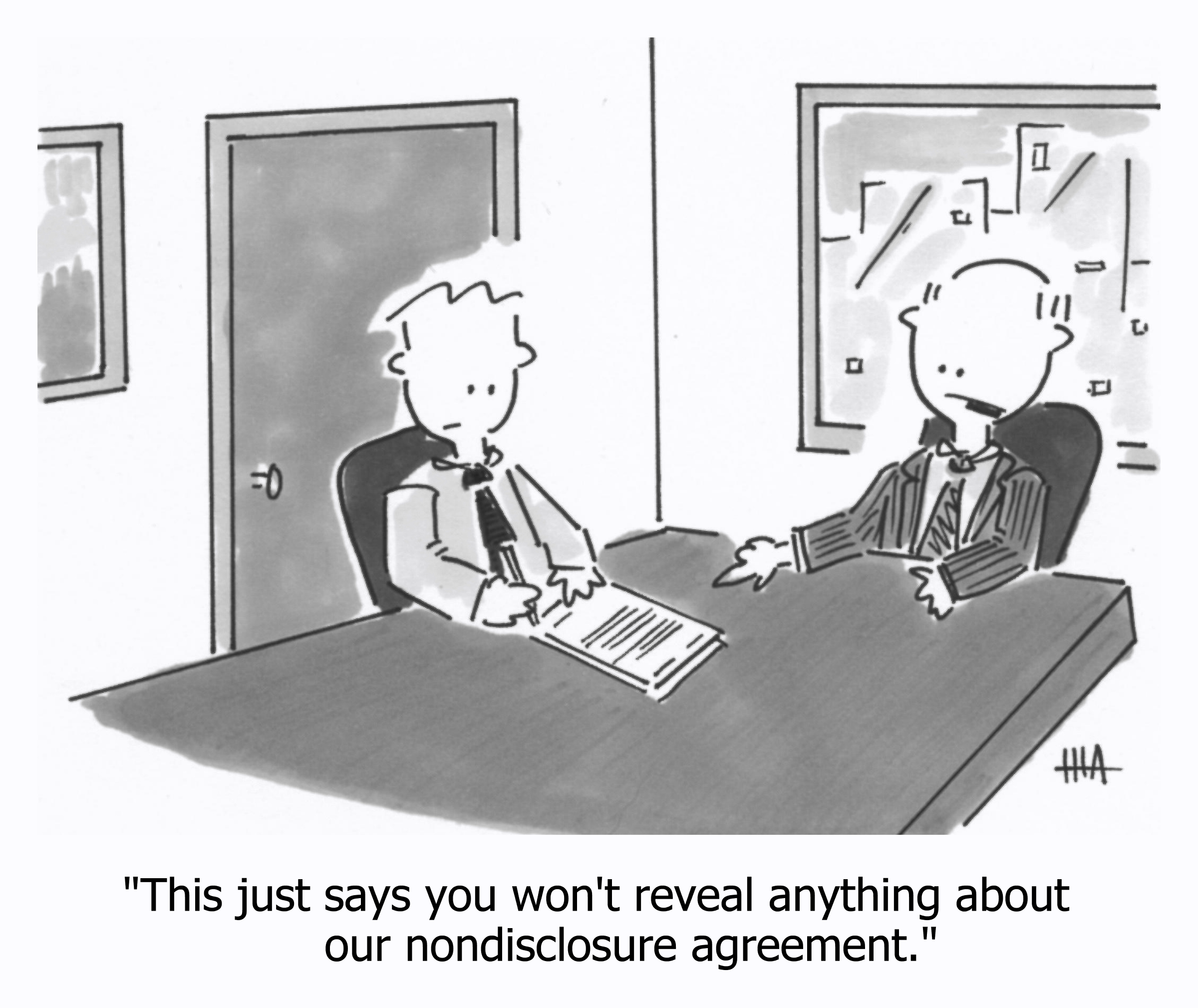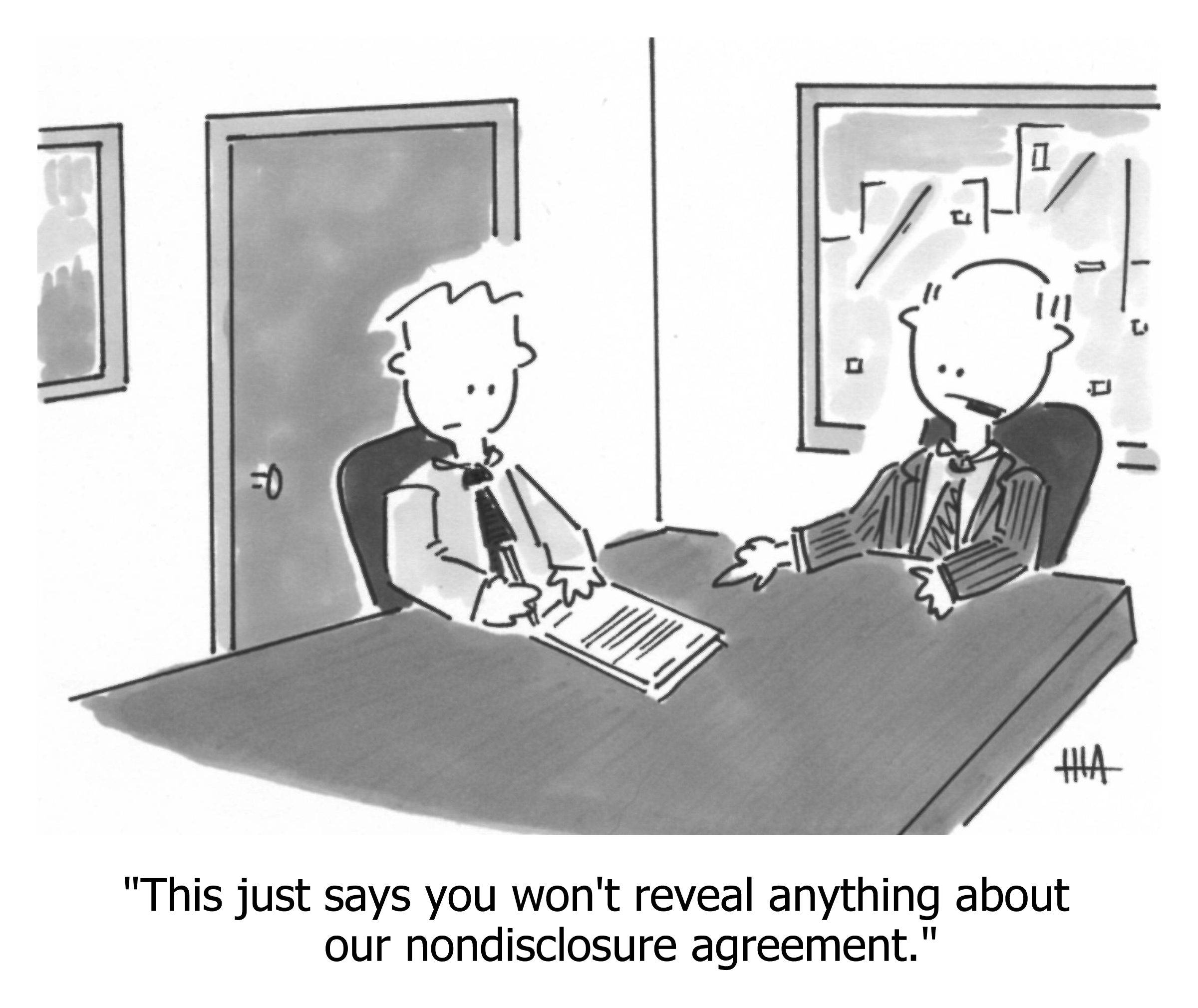Building in public forces true competitive advantage
What would happen if I forced you to put all your precious, proprietary, secret-sauce code in a public Github repository?
For one: You would be judged. Your peers would judge you by that code, with various definitions of “goodness” that includes everything from file and class organization, documentation, tests, eliminating your reliance on “security by obscurity,” tracking to-dos, and even the artful quality nebulously defined as “you know it when you see it.1”
1 Famously said by US Supreme Court Justice Potter Stewart in 1964 as his criteria for “obscenity,” though in 1972 he was part of a court that created a more specific three-part criteria; in 1981 he said he “regrets having said what I said about obscenity—that’s going to be on my tombstone.“
In this sense, building in public would force you to create quality, artful code.
The force is as simple as it is universal: Ego—your desire to impress others.
But… haven’t you lost your competitive advantage? Your competition can easily copy you, so you’re screwed, right?
You are therefore forced to build some other, non-technical competitive advantage into your business. For example, if Etsy open-sourced their entire stack, would that make it easy for a competitor to overtake Etsy? No, because Etsy has built a marketplace; the presence of buyers and sellers is their primary asset, not the software that drives the website or payments. Now that Facebook has open-sourced their entire data center infrastructure, does that make it easy for a competitor to overtake Facebook as a social network? No. The value in these companies cannot be replicated with money, which is exactly why those companies are valuable.
A technical competitive advantage can be permanent in select cases, as in this case study of Amazon AWS. But this is rare; typically a technical advantage is a fleeting advantage, because most technical things can be replicated. In fact, they’re often replicated more quickly and cheaply than their original inventors, as proved by observing that “first to market” often doesn’t equate to “winning the market.”
Thus, building in public forces you to create permanent competitive advantages.
“Building in public” doesn’t just mean software, however. What about the organization, or individual people?
If you publish the salary formula for everyone at your company, you no can longer compete for talent solely on compensation. You can’t kick in an extra $10k/year to win a critical employee with especially germane experience. And it can be weird for everyone to know how much money everyone else makes. But for many people, it’s not weird, it’s fantastic.
This forces you to build a company where great talent wants to work, where people are there for the culture and mission rather than as mercenaries. There are many frameworks that guide you in constructing such an environment, but in general they include Autonomy (i.e. freedom to explore, the control and empowerment to invent solutions to problems, and to prove the quality of those solutions through implementation, in exchange for accountability for the result), Growth (i.e. working on interesting puzzles, whether personal or professional, along a fulfilling journey), and Purpose (i.e. why should this company exist? Why is it worthwhile to bust ass to see it thrive, the culture, the values, the joy of working with others whom you admire).
Here is a more comprehensive framework.
Thus, building in public forces you to create a company with exceptional culture and an organization of empowerment and purpose.
Writing code you can be proud of, constructing true permanent competitive advantages, and creating a company culture that attracts and retains top talent for reasons beyond legal bribery—are critical ingredients for creating durable companies whose growth and brand are unhindered by the onslaught of well-funded, hard-working, intelligent upstarts that inevitably join any market big enough to be interesting.
By building everything in public, you’re forced to do “what’s most valuable” as well as “what isn’t easily copyable,” whether that means the quality of your workmanship, the fortress of your business model, or a talent magnet.
It’s still possible, and occasionally advisable, to operate in secret. But sunlight isn’t just the best disinfectant, it’s a great way to forge durability.
https://longform.asmartbear.com/building-in-public/
© 2007-2026 Jason Cohen
 @asmartbear
@asmartbear






